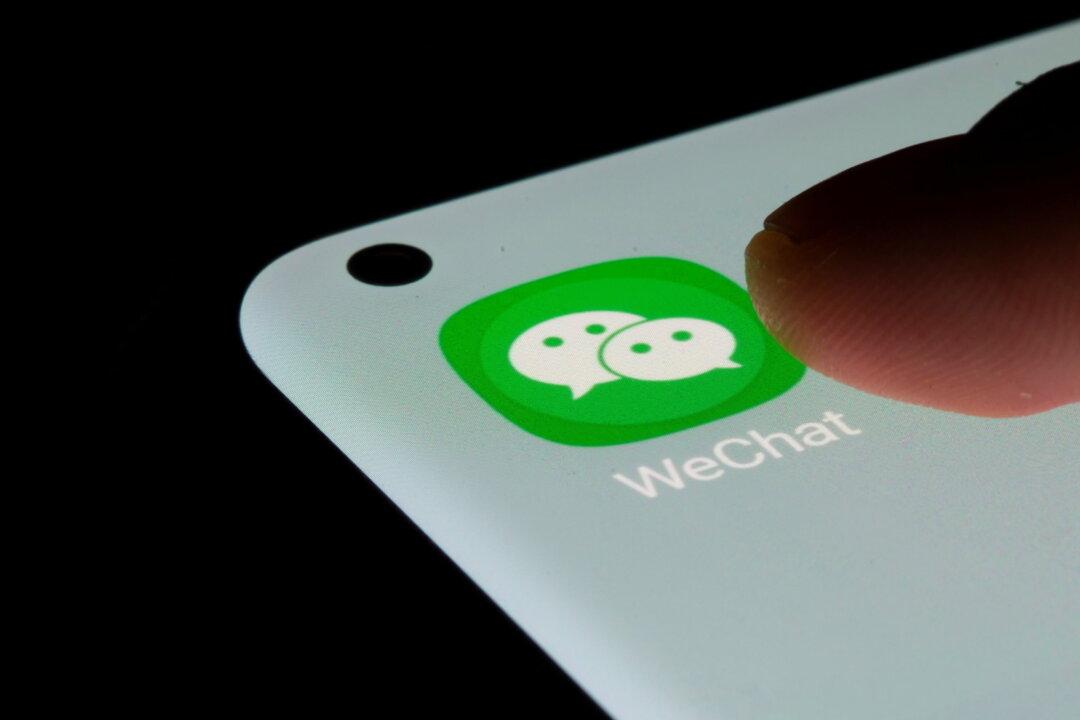McGill University has announced a ban on the installation and use of the Chinese social media platform WeChat on all school-managed or -owned devices.
In a statement issued Nov. 16, 2023, the university said it was prohibiting the use of the social media and messaging application on all McGill-managed or -owned devices, including desktop and laptop computers, mobile phones, and tablets. Those in possession of devices that had already installed the app, including researched-funded devices, were asked to delete it. The measure took effect immediately.





